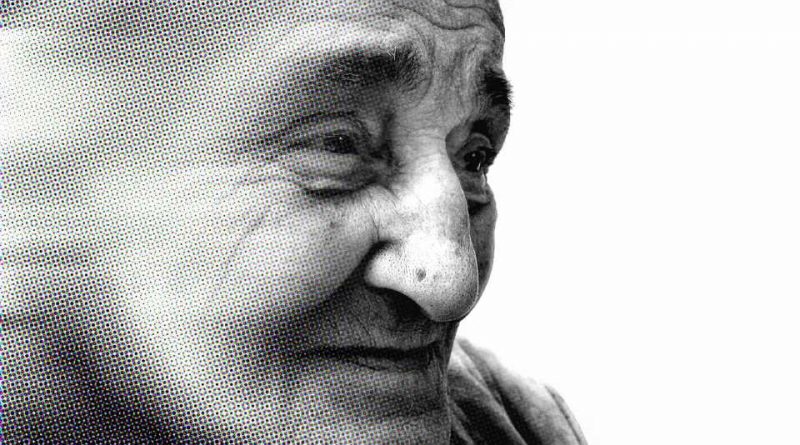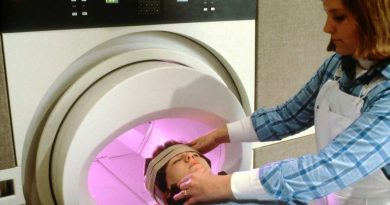Remote protocols broaden reach of delirium care

A new study published in the Journal of the American Geriatrics Society found that modifying a well-established and highly successful delirium prevention program for use when in-person or face-to-face interactions are limited or restricted is both feasible and acceptable to hospital staff and patients.
Developed in response to the COVID-19 pandemic, the modified and extended Hospital Elder Life Program (HELP-ME) multicomponent delirium prevention protocols provide support for remote or physically distanced applications.
In a new study led by first author Tamara Fong, HMS associate professor of neurology at Hebrew SeniorLife, and senior author Sharon Inouye, HMS professor of medicine at Hebrew SeniorLife, researchers developed modifications to the HELP intervention developed in 1999 that would allow clinicians to continue to implement delirium prevention during the COVID-19 pandemic and in other settings where a patient must be isolated from staff caring for them or where sufficient staff may not be available, such as in rural settings or during natural disasters.
Implemented at four HELP sites across the country, the adaptations necessary for HELP-ME were feasible to implement and provided a way to continue support during the pandemic, allowing for new connections to be made and strengthening existing relationships with nursing, physical and occupational therapy, HELP staff, and volunteers in delirium prevention.
Delirium is a common complication of hospitalization for older adults, characterized by an acute change in attention and cognition and associated with serious complications, including increased rates of morbidity, institutionalization, and mortality. More than 2.6 million adults, age 65 years and older, develop delirium each year, with associated health care costs attributable to delirium estimated at more than $164 billion per year in the United States. However, numerous studies have shown that at least 40% of cases may be preventable using multicomponent delirium prevention strategies, such as HELP, which has been implemented in more than 200 hospitals worldwide since 1999.
The HELP-ME study achieved full implementation and high adherence across all four sites. Qualitative feedback from sites during the focus group was largely positive and supported the overall acceptability of the HELP-ME strategy. For example, all sites reported that participating in HELP-ME revitalized their overall HELP programs because it helped the sites recognize that it was still possible to implement intervention protocols even during the pandemic.
“This is an important contribution to the care of older hospitalized adults because while multicomponent delirium prevention strategies like HELP have proven to be effective, many rely on an interdisciplinary team of hospital staff and trained volunteers to administer face-to-face intervention protocols.” said Inouye, who is director of the Aging Brain Center at Hebrew SeniorLife. “During the COVID-19 pandemic when access to patients was limited, HELP-ME was both feasible and acceptable to patients and staff.”
“HELP-ME also contributed to the education of hospital nursing staff regarding the importance of delirium prevention, especially during COVID-19 more broadly, and helped to support nursing staff throughout a difficult time. Importantly, HELP-ME allowed for additional interactions that would not have otherwise been possible during the pandemic,” said Fong.
“HELP-ME has the potential to broaden the reach of already established multicomponent delirium prevention models to aid in improving the care of older adults,” said Jason Albaum, second author on the study.
More information:
Tamara G. Fong et al, The Modified and Extended Hospital Elder Life Program: A remote model of care to expand delirium prevention, Journal of the American Geriatrics Society (2023). DOI: 10.1111/jgs.18212
Journal information:
Journal of the American Geriatrics Society
Source: Read Full Article



